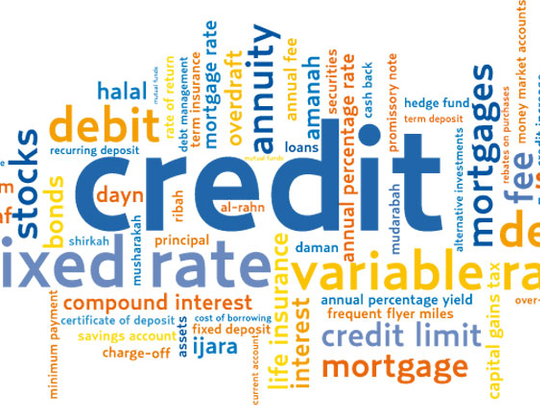
People who have money skills can be considered lucky in the sense that they not only have the ability to manage their income well, they are also most likely to keep themselves out of financial trouble. A financially literate person understands the value of savings and is better able to use credit responsibly, and take control of his or her financial destiny.
Unfortunately, there are a lot of consumers today who are still living outside the financial mainstream. Industry leaders and experts agree that financial illiteracy is a global problem that needs to be addressed seriously through information campaigns.
The recent economic meltdown has highlighted the difficulty that many consumers went through when their finances tumbled. Besides, the financial landscape has shifted and product offerings have got more diverse and complex, so there's not been a greater time to reach out to consumers.
Studies have shown that half the world does not have basic access to financial services, like a bank account, or the ability to secure a loan at a reasonable interest rate.
"That means half the world is keeping their money under the mattress or is vulnerable to predatory lending schemes," says Jennifer Kuperman, head of global corporate social responsibility, Visa Incorporated, at the recent Financial Literacy and Education Summit in Chicago, USA, in which Gulf News was a guest. The fourth annual event, co-hosted by Visa and the Federal Reserve Bank of Chicago, reiterated calls for literacy efforts, to help consumers make sound financial decisions.
In the United States alone, about 60 million adults are unbanked or underbanked, meaning they have zero or limited access to banking or financial services, according to a survey by the Federal Deposit Insurance Corporation.
Costly alternatives
Duncan Niederauer, chief executive officer and director of New York Stock Exchange Euronext, says many consumers who are "effectively unbanked" end up resorting to very costly alternatives, like payday loan services that have sprung up in lower income areas.
"And think about these people who are trying to get by to make ends meet paying 10 and 20 per cent interest rates at a very short term just to bridge until the next pay day. It's a sad commentary," he says.
The same financial literacy landscape can be seen in the UAE, where more than half (51 per cent) of the residents have never accessed any general financial education, while 62 per cent of people have never accessed any form of professional financial advice, according to a 2009 report by HSBC Insurance.
The crisis has seen a lot of UAE residents caught up in financial problems, failing to meet their obligations with banks, property developers and other service providers. Without adequate knowledge, consumers are gullible to numerous predatory lending and investment schemes.
"They range from so called training companies that get people buying stocks in the market, to boiler room operations selling ponzy schemes, from property sales companies that talk up so called investments, to Indian loan sharks who lend to their own people at exorbitant rates. Then, there are overseas companies selling over-the-counter stocks that are worthless," reveals Steve Gregory, managing partner of Holborn Assets.
Although there is a wealth of data available on the internet, the biggest challenge faced by residents today is knowing exactly what to look for. One bank official is more emphatic about it: people don't know what they don't know.
Gregory estimates that 90 per cent of people in the UAE have never heard of the rule of 72, for instance. Yet this law of compound or interest is vital in understanding how money works, whether one is saving or borrowing.
"Also, generic information may be useful globally, but specific information about specific subjects is unlikely to be found. For instance, what is a car mortgage? It's okay to know that a mortgage is a legal charge on property, as opposed to a loan secured by a property. But if you search for the term car mortgage, you are not likely to find anything worthwhile to educate yourself. It's a local concept," he says.
"There is so much to learn for a new resident in Dubai. Getting it wrong means you are exposed to the sharks of the financial services industry, the crooked activities of the banks and the vagaries of local law," he adds.








